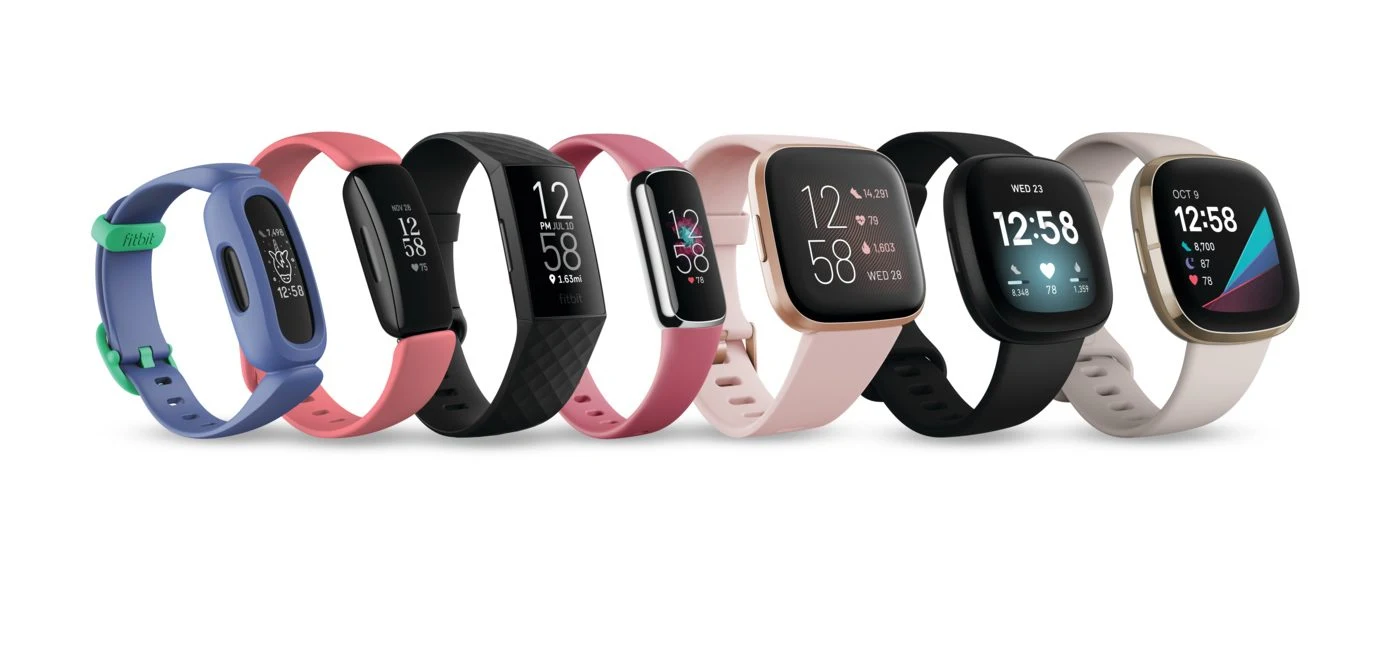Which is more suitable for you, a fitness tracker or a smart watch?
In general, smartwatches are considered a comprehensive option due to their diverse advantages. However, fitness trackers remain a suitable choice in some cases. For instance, if you have a limited budget or are looking for a device to encourage your child to engage in physical activity without the need for a smartphone, fitness trackers may be a suitable option.
Reasons that motivate you to choose fitness tracking devices:
The ability to bear the costs
In general, there are many fitness trackers available at much lower prices than smartwatches. For instance, you can take advantage of the Amazfit Band 7, which features a 1.47-inch AMOLED screen and an 18-day battery life, priced at $50.
Fitness trackers are more convenient
Smartwatches evolve annually, improving their processors, increasing battery capacities, and utilizing the latest sensors. These watches become the optimal choice for tracking fitness and health indicators. However, this progress comes at a weight cost, ranging between 50-70 grams with the strap, and a thickness of 13 millimeters or more.
Simplicity and long battery life
Apple smartwatches and Android watches are designed to serve as a means of connecting to your smartphone, aiming to facilitate tracking notifications and calls without the need to directly interact with the phone. Despite their benefits, they might divert your attention during studying, exercising, or working. These watches consume more energy due to running applications, leading to battery depletion quickly, meaning they might last for a day or less.
Reasons to choose a smart watch:
Comes with built-in GPS and other features
Most fitness trackers rely on Global Positioning System (GPS) technology in smartphones. This means you need to carry your phone while exercising. While this might be convenient for some individuals, if you prefer to work out phone-free or engage in group sports where you don't use your phone during activities, you'll need a smartwatch equipped with GPS technology.
Elegant designs
Many people prefer smart wristwatches due to their aesthetic appeal, such as Apple Watches, Garmin Lily, Vivomove Trend, and Pixel Watch. These watches stand out with their elegance and distinctive design, often not found in traditional fitness trackers with simple designs. Moreover, smartwatches feature large high-quality displays and support a diverse range of applications.
Choose the appropriate device:
For children, specially designed fitness tracking devices can be chosen to help parents monitor their activity. For college or high school students, a fitness tracker might not be suitable due to the difficulty of receiving notifications, sending text messages, and making calls. On the other hand, a smartwatch would be a more fitting option, offering them a wider variety of designs and colors, along with the ability to track fitness.


